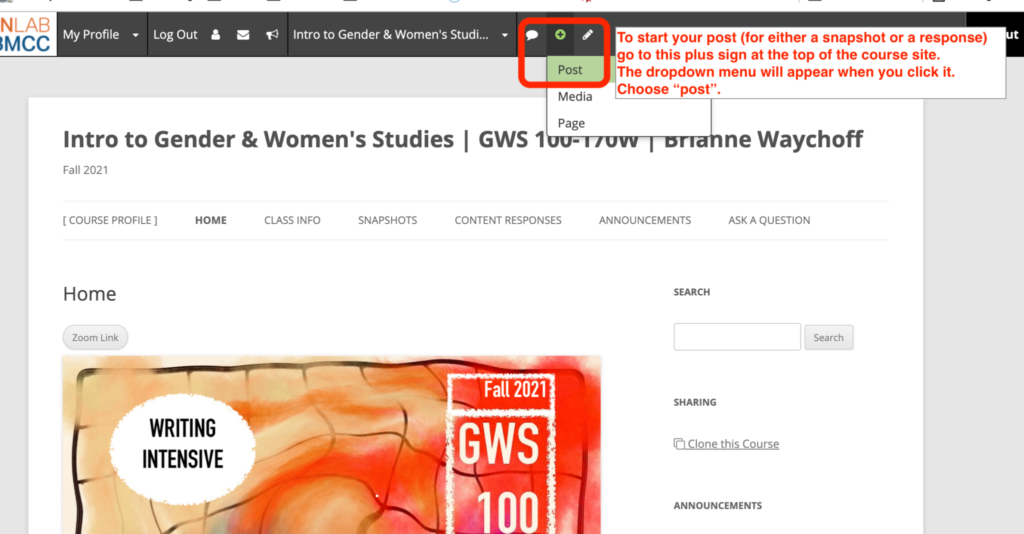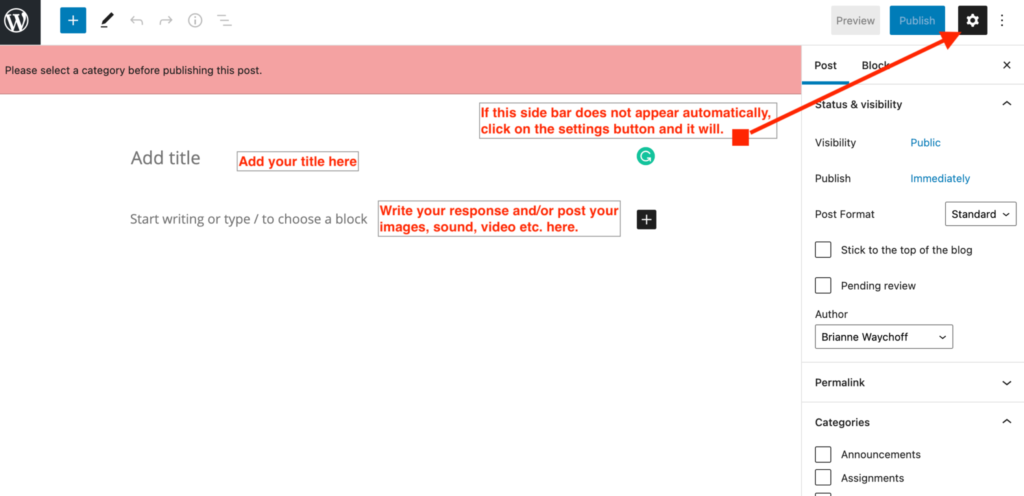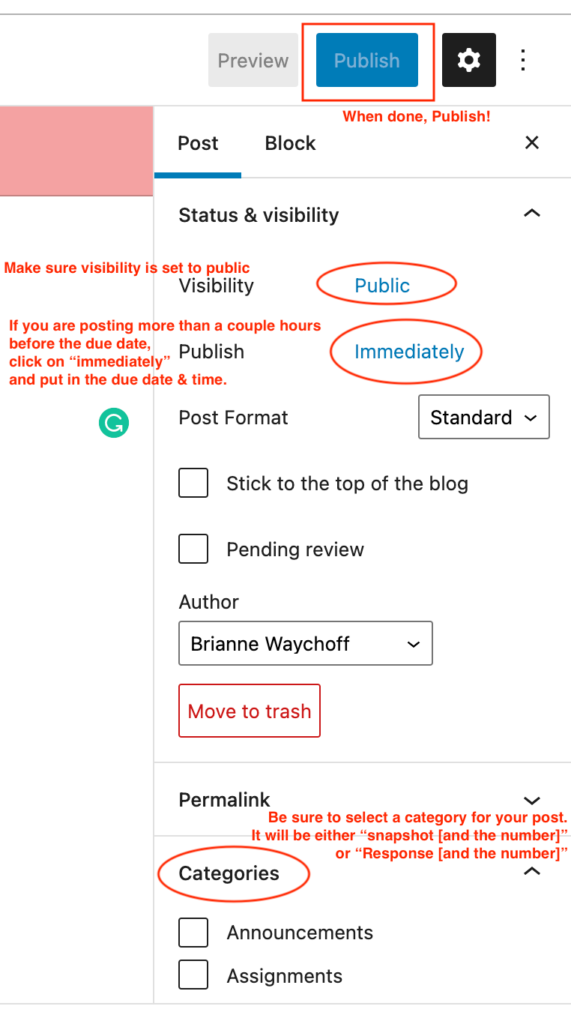Allan Johnson, “Patriarchy, the System: An It, Not a He, a Them, or an Us” (2014)
Allan Johnson explains that changes to the patriarchal system cannot come through an individualistic understanding of the system. As a society, individuals must understand how social systems perpetuate social problems—the system of patriarchy has been made and perpetuated by individuals, but it is not an individual. Johnson clarifies that we must understand the system of patriarchy in order to create a different system of socialization. While we all participate in social systems, we can change the system itself.
We also need to get to the root of social problems or the underlying idea from which they come so that we can understand individual behavior. Those roots are reflected in and made real through individual actions. We must also realize that we ALL participate in these systems that are larger than we are. We didn’t create them, but we can choose how we participate in them once we can see them. We aren’t just parts of a system – we have the power to combat the effects of the system or to follow the path of least resistance and not challenge them.
At this point, I think of the concept of performativity, which is the idea that there are scripts written for social roles long before we ever arrive on this planet. We can’t completely change the scripts, but we can adjust how we perform them. I gave the example of the various iterations of Romeo and Juliet that we have seen in film and on the stage. It is still Romeo and Juliet (the script or system), but how we each perform our roles and react to the roles of others can start to affect the way we understand or relate to the larger systems.
Audre Lorde, “There Is No Hierarchy of Oppressions” (1983)
In “There Is No Hierarchy of Oppressions,” Audre Lorde completes an intersectional analysis of her identities and her status as a member of oppressed groups. She explains that sexism, heterosexism, and racism all function together as systems of oppression. Because all of these systems work together, Lorde argues, there is no hierarchy of oppression—we must fight all forms of oppression, not just a singular system.
Most of our readings have dealt with intersectionality and without naming it. Lorde’s piece is about intersectionality, or the idea that systems of oppression overlap and cannot be fully separated. Those systems socialize us as individuals with identities that are impacted. I sometimes use the contrasting analogies of a salad vs. a cake to explain the concept. We are not salads. We cannot take out the onions or the anchovies and either eat just them or have our salad without them. Instead, we are more like a cake made of flour, sugar, eggs, milk, baking powder, etc. We can never separate those ingredients into discreet parts because they all work together to create the cake. In the same way, we cannot separate parts of our identity like we could a salad. They are all always present and we cannot rank them.
ACTIVISM
For next week you will not only read about activism, but you will also watch one of the films available on the playlist in the schedule. In your content responses for this week please respond to a classmate’s snapshot, the reading, and the film you chose to watch. Be sure to tell us which film it was. You are welcome to watch them all if you wish, but you must watch one.


